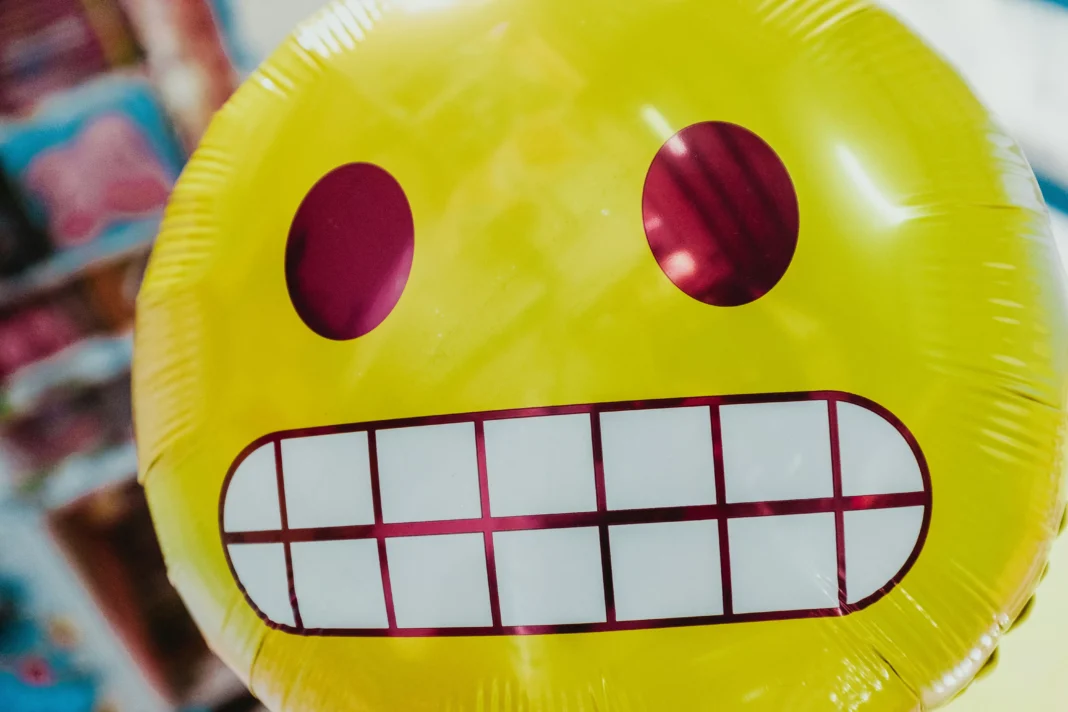Unsplash: The Psychology Behind Why We Might Hate ‘Do-Gooders’
Have you ever come across someone who seems to be the epitome of kindness, charity and thoughtfulness? Someone who is always doing good for others and is loved by everyone? Yet, for some reason, you can’t help but feel a twinge of annoyance towards them? Well, you are not alone.
In fact, there is a psychological phenomenon known as “Do-Gooder Derogation” which explains why we might hate these seemingly perfect individuals. We expect them to be liked by everyone, yet their actions can sometimes come off as annoying or smug. But is the problem really with them? Or is it with us?
Research has shown that when people appear to be morally and inherently good, they can make others feel judged. It’s as if we are supposed to live up to their standards and it can be quite uncomfortable. For example, a study conducted on non-vegetarian college students found that nearly half of them associated negative words such as “annoying” or “arrogant” with vegetarians. And what’s even more surprising is that these students expected vegetarians to view them negatively as well.
According to Psychology Today, “Because doing well (or doing good) can mean facing negative social reactions, people are sometimes reluctant to share their accomplishments or highlight their strengths, and might even ‘play dumb’ to avoid making others feel threatened or uncomfortable. While some degree of modesty may be socially appropriate, chronic self-deprecation can be personally costly, especially when it leads to self-defeating behaviors such as intentional failure.”
So, it seems like the problem might actually be with us and not with these “do-gooders”. We might feel threatened or uncomfortable by their actions and therefore, project our negative feelings onto them. But how do we stop worrying about being judged by them?
PsychCentral suggests that instead of trying to avoid judgment altogether, we should accept that it may happen. After all, assessing others is a natural part of social interaction. We should remind ourselves that people will have their opinions and it’s okay if they don’t always align with ours. It’s important to not let these potential judgments affect us and instead, let them roll off our backs.
In addition, it’s also okay to be a little snarky sometimes. As humans, we are bound to have different opinions and it’s important to embrace that. We shouldn’t feel the need to conform to someone else’s standards just because they seem to be doing everything right.
Related: The Psychology Behind Why Some People Take So Long To Reply To Texts
Another important aspect to consider is our own self-perception. Often, we might feel insecure about our own actions and accomplishments when we see someone who appears to be doing everything perfectly. This can lead to feelings of inadequacy and resentment towards them. However, it’s important to remember that we are all on our own journey and it’s not fair to compare ourselves to others.
The next time you come across a “do-gooder”, instead of feeling annoyed or resentful, try to appreciate their efforts and learn from them. They might have some valuable lessons to teach us about kindness, charity and thoughtfulness. And who knows, maybe we can even become a “do-gooder” ourselves.
In conclusion, the problem of “Do-Gooder Derogation” lies within us and not with these individuals who are just trying to make the world a better place. Let’s not let our own insecurities and judgments get in the way of appreciating their efforts. Instead, let’s learn from them and strive to be a little kinder, a little more charitable and a little more thoughtful every day. After all, isn’t that what being a “do-gooder” is all about?



